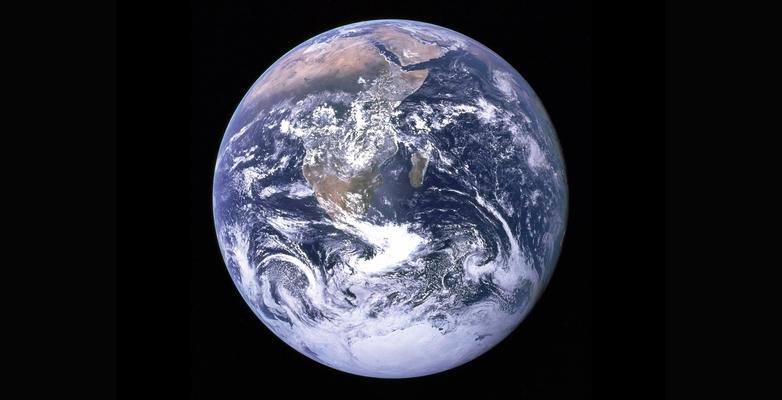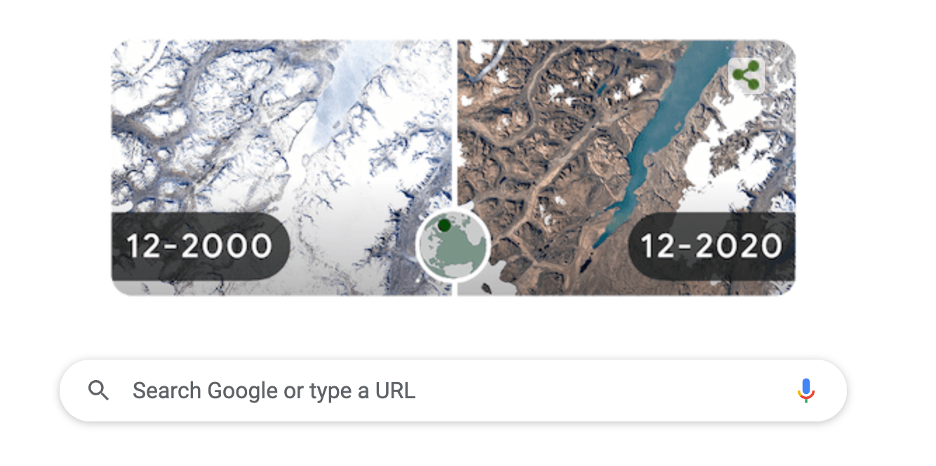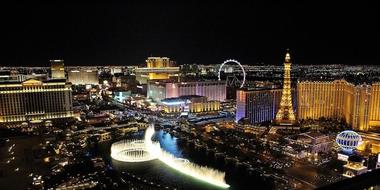
All I Want for My Earth Day Is Energy Transition
Planting and picking up trash on Earth Day is wonderful, but with the world at an inflection point, what we need most is for leaders to get serious about clean energy transition.
Earth Day is always a problem.
Every April 22, we pay tribute to the (truly incredible) first Earth Day in 1970, when
an estimated 20 million Americans came out to demand government action on the runaway pollution choking towns and cities from coast to coast. Demands that gave birth to the modern environmental movement and led to the creation of the Environmental Protection Agency.
And every April 22, brands seize the day to tout their sustainability and encourage yet more consumption, all so they can plant a tree somewhere.
Meanwhile, groups of all sizes invite people to mark the occasion by joining walks, picking up trash, planting trees, and more. (And to be clear, these are wonderful things.)
But then April 23 comes around and most people go back to work and everyday life, and most brands put away the feel good t-shirts and go back to business as usual. Then the next Earth Day rolls around, and well, it looks a lot like the last one. Rinse, repeat.
Of course, in the background is climate change and the fast-closing window we have to stop rising temperatures in time to avert irreversible and truly catastrophic impacts.
At least in the US, climate-fueled disruption and devastation are simply becoming part of our everyday lives. Last year, four in 10 Americans lived through a climate-disaster. In the West, we just expect to choke on wildfire smoke and sweat through one heatwave after another every summer and fall. Yes, our anxiety levels rise in line with CO2 levels, but for better and much worse, we are adapting.

Google’s homepage says a thousand words.
So how do we break the cycle and in time?
The Greatest Trick
In the 1995 film “The Usual Suspects,” the villain Keyser Söze tells the detective investigating the murders that he (Söze) has orchestrated, “The greatest trick the devil ever pulled was convincing the world he didn’t exist.” The line – twisting another from the French writer Charles Baudelaire – proves a supreme act of misdirection, pushing the detective to look elsewhere when the culprit is right in front of him. All enabling the criminal to simply stroll away.
Fast forward to 2022, and the greatest trick the oil companies ever pulled was convincing all of us our carbon footprint mattered. On Earth Day, when our inboxes are bursting with a million invitations to do our part to reduce our carbon footprint, it’s worth remembering that the term was actually invented by an ad agency working for . . . you guessed it . . . the oil industry.
The implication of individual carbon footprints is clear: We’re all responsible for climate change and we’re all in this together.
This, of course, is utter bovine excrement.
The fossil fuel industry has spent decades and billions not only to lock us into an energy system that has irrefutably altered our climate, but also to slow walk and block the obvious and practical policies that can change course and promise a livable future to our children and coming generations. We are not all responsible in the same way.
This is not to say it doesn’t matter that people in rich countries and communities produce exponentially more climate-changing emissions than those living in developing nations who inevitably pay the greatest price. Because it does.
Rather, that focusing on individual carbon footprints tricks us into looking the wrong way while fossil fuel companies – just like the movie villain – calmly stroll away, free of consequences.
You can’t make this stuff up.
Because while quickly transitioning the world from dirty fossil fuels to cleaner sources of energy like wind and solar will not alone ensure we avert catastrophe, failing to make this transition ensures we will not.
It’s that simple.
This Earth Day Is Different
What makes this Earth Day different from any recent year is that it comes when the tragedy unfolding in Ukraine has effectively forced the world into a choice on our collective energy future.
With the political costs of our addiction to fossil fuels painfully clear at the same time the world’s top climate scientists have underscored the need to peak emissions in just two years, the need for energy system change is right there, staring us in the face.
To put it bluntly, the choices we make now will shape our Earth Day in 2032, 2042, and 2052.
There is also no perfect way forward. The current crisis comes right when working families are already getting hammered by high energy and food costs. The EU and US (as just two examples) simply aren’t ready today to flip the switch to a 100% clean energy economy tomorrow and for the moment, keeping the lights on for millions means partially replacing one source of fossil fuel energy for another. People are hurting and it would be a terrible mistake to ignore that.
The challenge here is to walk and chew gum at the same time. To do what we can to help nations meet their current needs in a system now locked into oil and gas without adding to the monstrous pipeline infrastructure and other facilities that could tie us into yet more dependency for decades to come.
At the same time, we have to accelerate system change and energy transition to take us toward the clean energy and net zero economies that can not only free democracies from petro-state dictators, but also give us a shot at preventing climate catastrophe.
So far, the signs are not completely promising. While pledging continued commitments to the goals of the Paris Agreement, the US has agreed to boost shipments of liquified natural gas (LNG) to the EU to replace Russian gas. Meanwhile at home, the Biden Administration has announced it will resume oil and gas leases on federal lands.
Neither move will help European or American families in the right-now short term. The import and export terminals now planned to facilitate the LNG agreement take several years to build and as one analyst points out, aren’t even necessary. Meanwhile, oil and gas industry already sitting on at least 10 years of leases it’s not even using.
What they will do – if realized – is tighten the industry’s grip on our economies, spiking emissions, slowing energy transition, and cutting our already slender odds of holding warming below the 1.5 degree Celsius danger line.
Our Choice Begins After Earth Day
What Earth Day really does is invite us to step back and remember what really matters. To see the big picture and recommit yourself to fighting like your world depends on it.
In 2022, that means fighting for just energy transition. It’s not the only fight that matters, but it really, really matters.
If you’re in the US and able, start by joining us at one of the Fight for Our Future rallies on April 23 in DC, Atlanta, and Phoenix calling for Congress to pass bold climate legislation to create jobs and accelerate the just transition to clean energy.
If you can’t make a rally, make sure to sign up for our email activist list and we’ll keep you posted on how you can keep the pressure on for the transition we need to stop global warming and create a better future for all.




